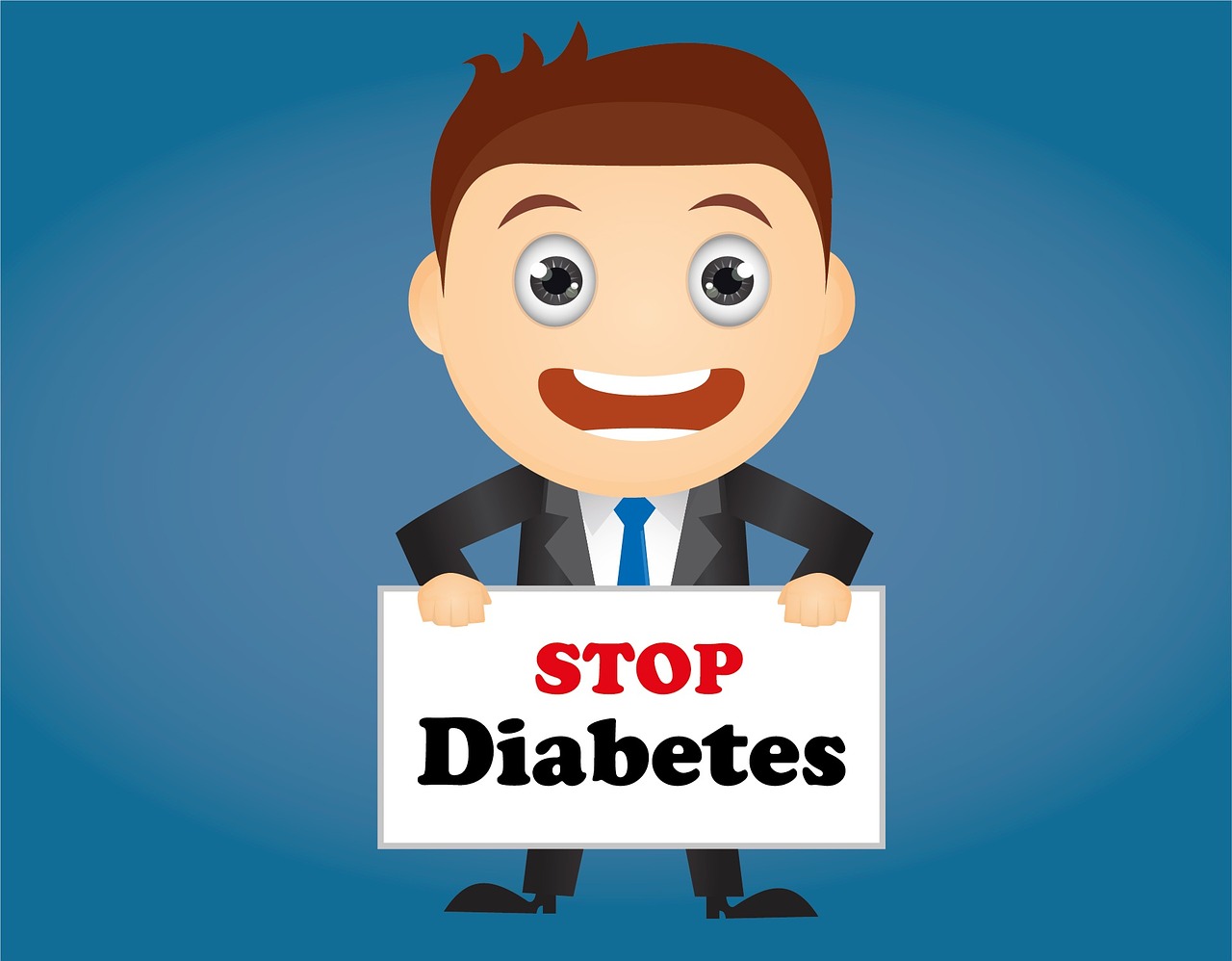Our blood sugar is a critical component to our health. The food we eat digests and is converted in our liver to glucose (sugar within the body). Some of it is stored in the liver as glycogen, an alternate form of glucose that is transient for easy accessibility. Most glucose, however, is transported into our blood stream and then mobilized into our cells so our body can utilize this energy source, allowing us to function cognitively and physically. Our muscles require glucose for movement, and will also store glycogen.
When glucose enters our blood, our pancreas releases a hormone called insulin. Insulin is responsible for regulating our blood sugar and facilitating the transit mechanisms from the blood to our cells. When our blood sugar is low, the pancreas releases another hormone called glucagon, which triggers the liver and/or muscles to convert the stored glycogen into glucose to increase blood sugar. This cycle continues. It’s important to eat enough food, so we have these storages, but it’s also imperative we exercise, so this stored glycogen in our livers doesn’t convert to triglycerides and unwanted body fat.
When we eat sugary, refined, and over-processed foods low in fiber, fats and proteins, our blood sugar goes on a roller coaster ride. Erratic blood sugar spikes occur and stress is put on our pancreas to produce insulin to control the sugar. Eating this way habitually can eventually lead to something called insulin resistance or sensitivity.
Basically, our metabolism will no longer be responsive to the effects of insulin, where we are unable to lower blood sugar effectively. Stress can also be detrimental to this process. Cortisol, our stress hormone, is the counteractive hormone to insulin. Cortisol will increase blood sugar when it’s low, by pulling from our stores. As insulin increases, cortisol increases to try and bring balance to blood sugar. This can eventually lead us to a hypoglycemic low (severe state of low blood sugar that can be deadly).
Don’t you worry, we can manage our blood sugar effectively by following a few easy guidelines involving our lifestyle and food choices.
4 Ways To Regulate Your Blood Sugar
Move your body
Exercise aerobically and add in some resistance training. Strenuous exercise will tire you out, but this also means you are depleting glycogen. This will trigger your body to move the glucose to these areas to replenish, rather than float around in your blood. (Glucose left unused in the liver for too long adds continuous stress on your pancreas and can lead to weight gain).
Get enough sleep
Consistently sleeping less than 6 hours a night has shown to elevate blood sugar, triggering an increase in cortisol, leading to unwanted spikes in blood sugar while you sleep, waking you up throughout the night. It also confuses your appetite control system by suppressing signals of satiety whilst increasing the hunger hormone.
Reduce Stress
Increased stress leads to more unwanted stress on our pancreas and hypoglycemic conditions. These can cause dizziness, severe headaches, mental fogginess, and in some cases, if severe enough, could lead to death. Managing our stress is difficult, but being in a constant state of stress does more harm in our bodies that many of us take for granted. Take up calming activities, like yoga or spend some “you time” on activities you thoroughly enjoy. Reignite old hobbies. It’s important that we set up boundaries that void us of situations that bring on stress, whether external or internal. We are allowed to be selfish when it comes to our well-being.
Eat strategically and eat well
I recommend well-balanced meals that support blood sugar but also eating strategically to support your lifestyle. What does this mean?
Well, we should always pair carbohydrates with fiber, and/or protein to help slow down the breakdown of food and thus the release of blood sugar. Vegetables rich in fiber with a protein is a great meal to regulate blood sugar, or beans in our rice. Basically since carbohydrates is our main source of energy, blended fiber is critical to bring balance to our blood sugar.
Eating carbohydrates lower on the glycemic index is also a good practice. We should eat around our movement. When we exercise we use energy, so it makes sense to eat more before we exercise. So if you plan on exercising in the morning, I recommend eating the majority of your carbohydrates for breakfast. If you don’t exercise daily but every other day, I recommend to reduce carbohydrate intake on your “off-days” since you may not actually need as much energy, but eat high fibrous foods with a little more healthy fats.


